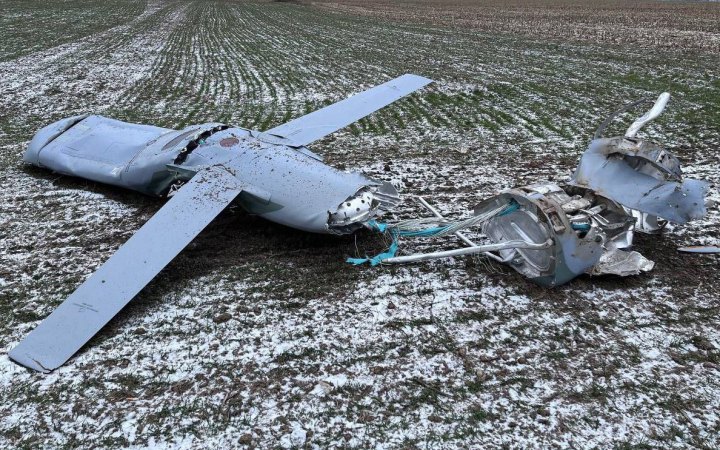Over one year of war, Russia launched nearly 5,000 missiles at Ukraine. The attacks destroyed residential buildings and took away the lives of thousands of innocent civilians. The Ukrainian military has built a comprehensive air defense system to clear the sky from Russian missiles that struck the country during the last 12 months of the war. In an interview with the Guardian, Defense Minister Oleksii Reznikov said Ukraine’s air defense systems had increased their efficiency from 50% at the beginning of the war to 80% in December 2022. To break the country’s successful defense, Russian troops constantly change their military tactics and use both Iranian Shahed-drones and missiles when launching strikes to exhaust Ukraine’s surveillance systems.
The Ukrainian Army retaliates to the new challenges with strengthened complexes, which include modern high-tech systems. One of them is the Zvook AI project (“Zvook” is “sound” in the Ukrainian language) that helps identify and destroy Russian cruise missiles, helicopters, drones, and fighter jets at low and medium altitudes.
Zvook detected its first cruise missile four hours after the installation
“The only question that came into my head on the first day of the war was, ‘How can I help the Ukrainian Army?’ Pavlo Tsiupka, a member of the Zvook project, recalled in an interview with Ekonomichna Pravda.
After Russian troops began to bombard Ukraine, a team of IT specialists quickly realized that a computerized system that could inform the air defense forces on the trajectories of enemy missiles would save many lives. In addition, Ukraine needed a solution to identify targets flying at low altitudes, making it impossible for surveillance systems to intercept and shoot them.
Then the team of leading Ukrainian IT and telecom experts set up the Zvook project (“sound” in the Ukrainian language) based on machine learning (ML) technology that recognizes the engine sounds of enemy air targets. The system reported the flight of the cruise missile four hours after the installation of the first complex. As of today, 40 instances of the complex have been deployed throughout Ukraine.
Currently, the Ukrainian Air Defense Forces can predict the routes of cruise missiles by analyzing tracks of previous missile strikes. Zvook, in cooperation with air defense, covers “blind” areas and conducts reconnaissance.
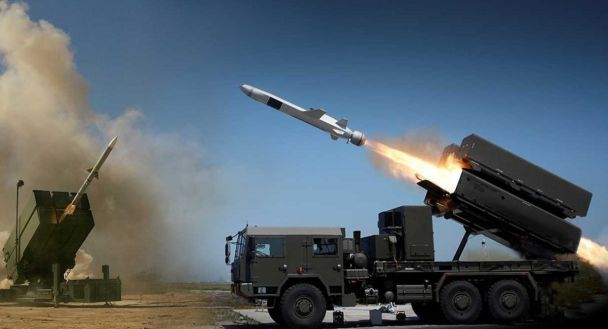
Precise detection
The engineers of the Zvook project use machine learning to teach systems to distinguish sounds of insects, voices, vehicles noise, animals, and Russian missiles. In 2006, machine learning technology revolutionized image editing after receiving almost human data analysis capabilities. Modern neural networks learn from mistakes and improve their experience. When experts convert an image to a sound sample, systems can detect the object and send information about it to the leading center.
At first, specialists trained the network to identify Russian targets’ noises through videos of flying missiles captured on phones. Since the start of the Zvook project, the team has increased the accuracy of intercepting missiles from 50% to 100% by installing acoustic devices throughout Ukraine and collecting data from actual missile launches.
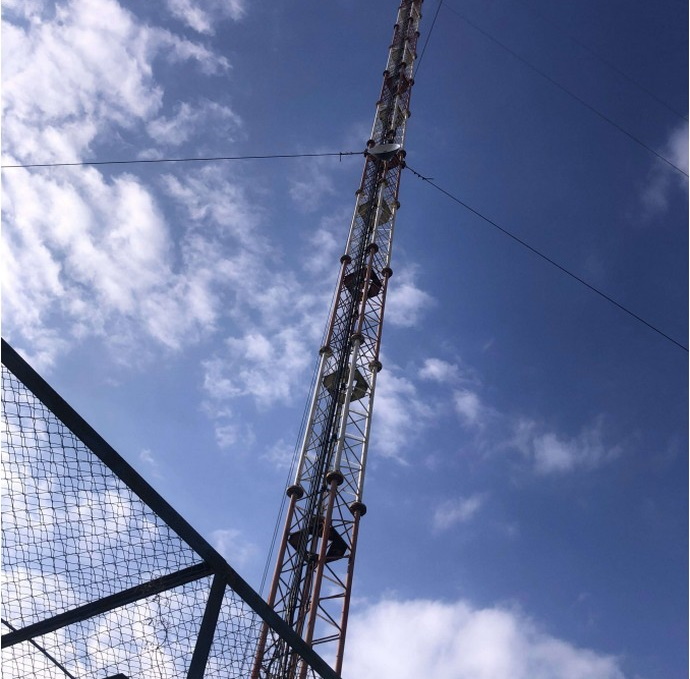
Replacing patrol service
During the last two world wars, armies of different countries based acoustic location stations to detect missiles. When there were no radars and automated systems, guards with excellent hearing patroled special posts and informed others about advancing targets, particularly V-2 ballistic missiles launched by the German army.
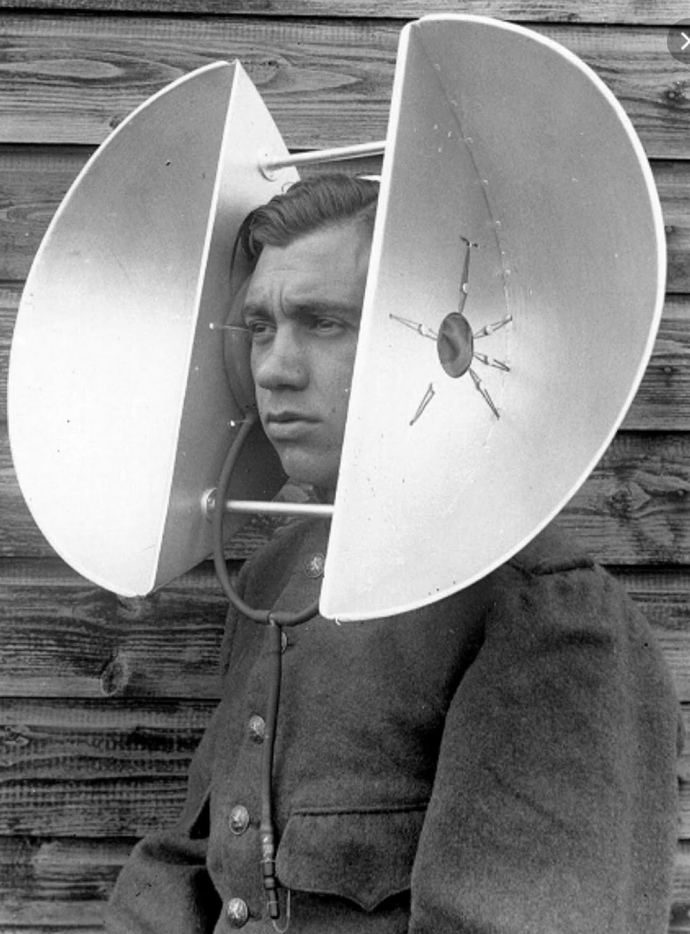
Today, Zvook is a digital version of such a post. While creating a modern system for Ukraine’s air defense, experts studied specialized literature on previous versions of acoustic identifying instances.
“The uniqueness of Zvook lies in the detection of cruise missiles. Russia uses them a lot. I don’t think that there are similar networks of acoustic sensors that are so sensitive for this type of weapon anywhere in the world. Even if another country entered the war against Ukraine, Zvook could also record its aerial targets,” said a member of the Zvook team, Dmytro Belevtsov.
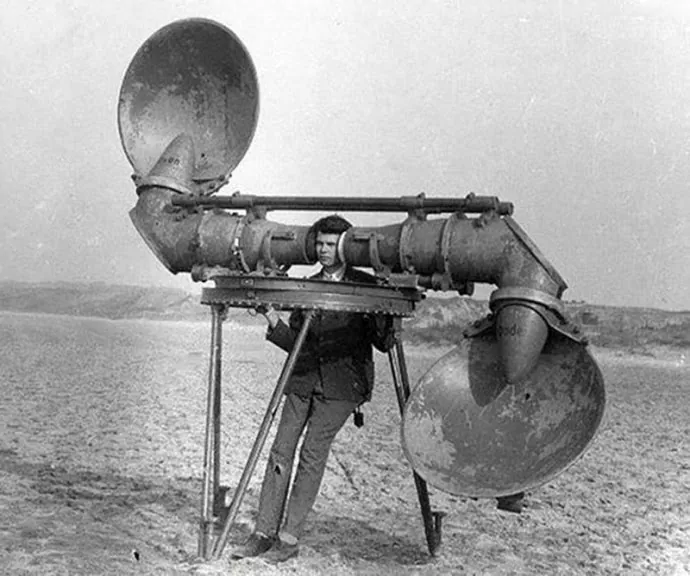
Zvook complexes are invisible to Russian troops due to acoustic radar
Air defense complexes are capable of destroying 90% of missiles. The project experts say that the other 10% should be compensated by systems such as Zvook. According to them, the most expedient way of basing the Zvook complexes is the “frontier,” which suggests the installation of detection stations along the state border and deep inside Ukraine’s territory.
Increasing Zvook’s detection range will allow to install stations with a lower density, saving manufacturing and logistics resources. Based on the current technical characteristics of the Zvook complex and the length of the deployment lines, about 600 detection stations are required to protect Ukraine from Russian missiles.
If the air defense element has a radar station instead of an acoustic locator, it becomes the number one target. Radars can be disabled by targeting missiles at the source of radiofrequency radiation, the specialists explained. The key advantage of the Zvook is that its stations don’t emit signals, making them harder to detect for Russian troops. Moreover, Zvook stations are much cheaper than a missile’s worth, making it economically ineffective for Russia to attempt to destroy. In addition, due to the large number of acoustic systems installed in secret points in Ukraine, the noise distractions of the Moscow-backed troops are also ineffective.
“Among the main methods of battling acoustic and counter-battery systems are the so-called ‘parrots’ – the creation of additional noise that diverts the enemy from the target.
For example, if a Russian sniper is about to shoot, he can ask his colleagues to fire into the air from different points. However, the stations are located throughout Ukraine’s territory, so Russian soldiers cannot use this method,” Marian Sulim, a member of the project and a soldier of the 125th brigade of Territorial Defense Forces, said.
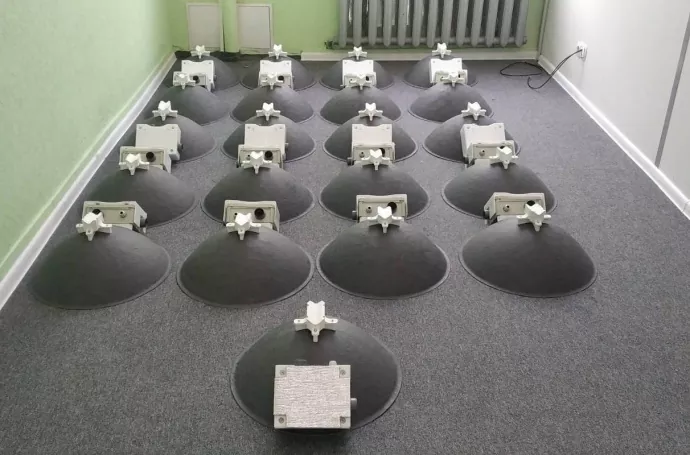
Currently, the Zvook team is working on further developing the system.
“The most priority for us is to determine the coordinates, tracks, and speed of the identified target. This would be a significant step forward in efficient data transferring to air defense units for landing enemy targets. Our team has already developed the concept of acoustic determination of the azimuth (direction) of the target and conducted an experiment that confirmed its accuracy,” Sulim added.
Ukraine’s air defense improved fourfold since start of Russian invasion
Related:
- How Odesa territorial defense downed a USD 2mn cruise missile with a machine gun
- Ukrainian servicemen depart for training on SAMP/T air defense system – Air Force Command
- Russian air defense vulnerable to Ukrainian drones that can hit Moscow
- Explosions in Russian-occupied Mariupol suggest Ukraine has long-range missiles

